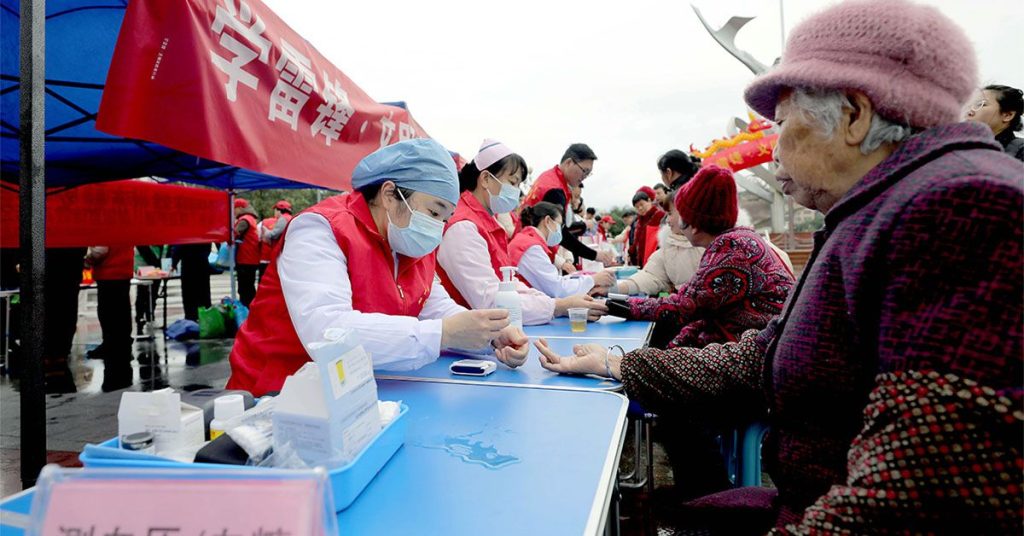A woman with type 1 diabetes underwent a stem-cell therapy using cells from her own body, which resulted in her no longer needing insulin injections 75 days after the procedure. Researchers in China enrolled more participants in the trial and found that the stem-cell derived islet cells had successfully engrafted in the woman’s abdomen. The study is ongoing, with three total patients enrolled, and long-term follow-up is being conducted to monitor the effectiveness of the treatment. This groundbreaking case study is the first of its kind, showing promising results for the potential of stem-cell therapies to treat diabetes in the future.
The stem-cell therapy used in this case study involved taking fat cells from a woman with type 1 diabetes and converting them into islet cells, which produce insulin in the pancreas. The patient had previously undergone multiple transplants due to complications from her diabetes, and the induced islet cells were injected into her abdomen. Researchers found that the cells successfully engrafted and created their own vasculature, leading to the woman no longer needing insulin injections just 2 and a half months after the procedure. This case study highlights the potential of stem-cell therapies to restore insulin production in individuals with diabetes.
While this case study is the first to show long-term success with a person producing their own insulin after receiving stem-cell treatment, other trials are also exploring the use of stem cells to treat diabetes. Pharmaceutical companies and research institutions are actively involved in developing stem-cell based therapies for both type 1 and type 2 diabetes. Results from phase 1/2 clinical trials and safety data from previous studies have shown promising outcomes in using stem-cell derived islet cells to help regulate blood glucose levels in individuals with diabetes.
Researchers involved in this study, as well as other experts in the field, recognize the challenges that need to be addressed in order to make stem-cell therapies more widely available for individuals with diabetes. These challenges include developing appropriate immunomodulatory strategies, ensuring the safe and efficient clinical manufacturing of stem cell-derived islet cells, and expanding the process to treat more patients. Continued collaboration and research efforts are needed to overcome these challenges and make stem-cell therapies a viable option for individuals with diabetes.
The success of the stem-cell therapy in this case study demonstrates the potential of using a person’s own cells to regenerate insulin-producing islet cells and reduce the need for insulin injections. More research is needed to further refine and optimize this process, as well as to ensure its safety and effectiveness for a larger population of individuals with diabetes. Collaborative efforts among researchers, healthcare providers, and pharmaceutical companies will be crucial in advancing stem-cell based therapies for diabetes and improving outcomes for those living with the condition.
Overall, the case study of the woman with type 1 diabetes who no longer required insulin injections after receiving a stem-cell treatment is a significant advancement in the field of regenerative medicine. While there are still challenges to address and further research to be done, the promising results from this study and others in the field provide hope for a future where stem-cell therapies could offer a viable treatment option for individuals with diabetes. Continued collaboration and innovation will be key in translating these findings into clinical practice and improving outcomes for patients with diabetes.


